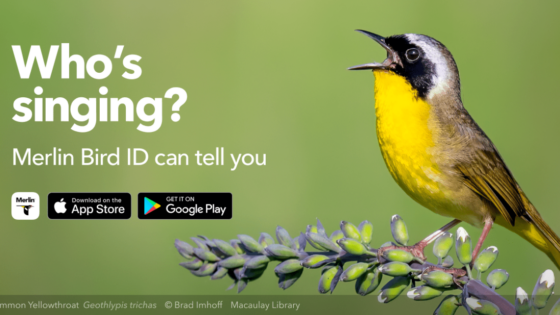
Merlin Bird ID App (starts 1:00) Boulder Naturalists Steve Jones and Ruth Carol Cushman explore the benefits of the Merlin smartphone app, along with its sometimes hilarious mistakes.

Bird Conservancy of the Rockies (Start 5:48) Crew Leader Eric DeFonso explains how the Conservancy’s Integrated Monitoring in Bird Conservation Regions Program provides detailed data about birds and their habitat, to better understand the steep decline in bird populations and what birds need to thrive.
Executive Producer: Joel Parker
Show Producer: Shelley Schlender
Additional Contributions: Elena Klaver, Eric DeFonso, Steve Jones, Ruth Carol Cushman
Listen to the show:
Podcast: Play in new window | Download (Duration: 26:58 — 37.0MB)
Subscribe: RSS



 In this week’s science show Beth talks with genome biologist Ed Chuong of CU Boulder’s innovation incubator, the Biofrontiers Institute. Ed takes us for a whirlwind tour of the evolutionary history of these viral invaders of our genome, and some examples of how they can simultaneously be friend and foe. Teaser, did you realize that the genes that allow the formation of the placenta, the organ that nourishes human (and other mammal) fetuses, came from viruses!
In this week’s science show Beth talks with genome biologist Ed Chuong of CU Boulder’s innovation incubator, the Biofrontiers Institute. Ed takes us for a whirlwind tour of the evolutionary history of these viral invaders of our genome, and some examples of how they can simultaneously be friend and foe. Teaser, did you realize that the genes that allow the formation of the placenta, the organ that nourishes human (and other mammal) fetuses, came from viruses! With graduation season upon us, today’s edition of How on Earth is Part 2 of our annual “
With graduation season upon us, today’s edition of How on Earth is Part 2 of our annual “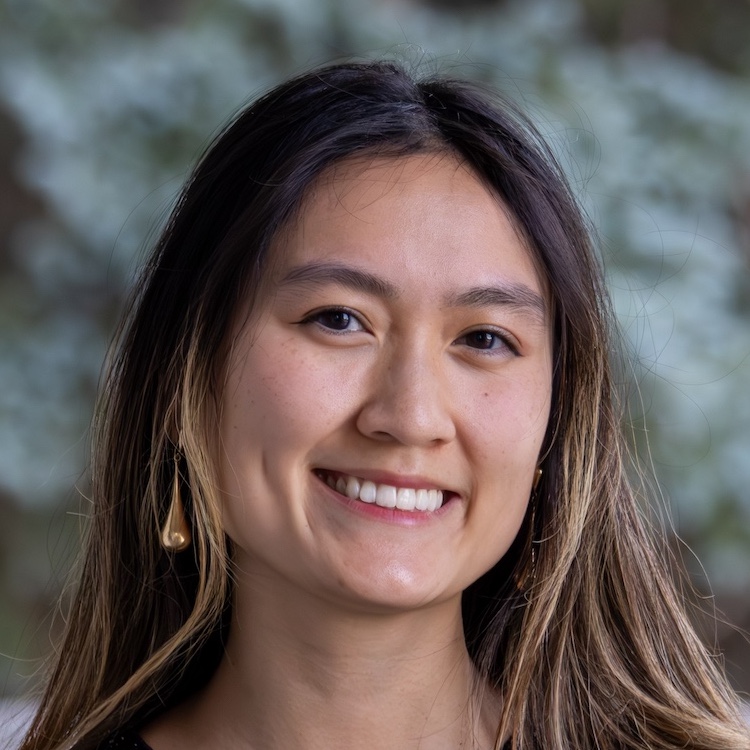 Chloe Long
Chloe Long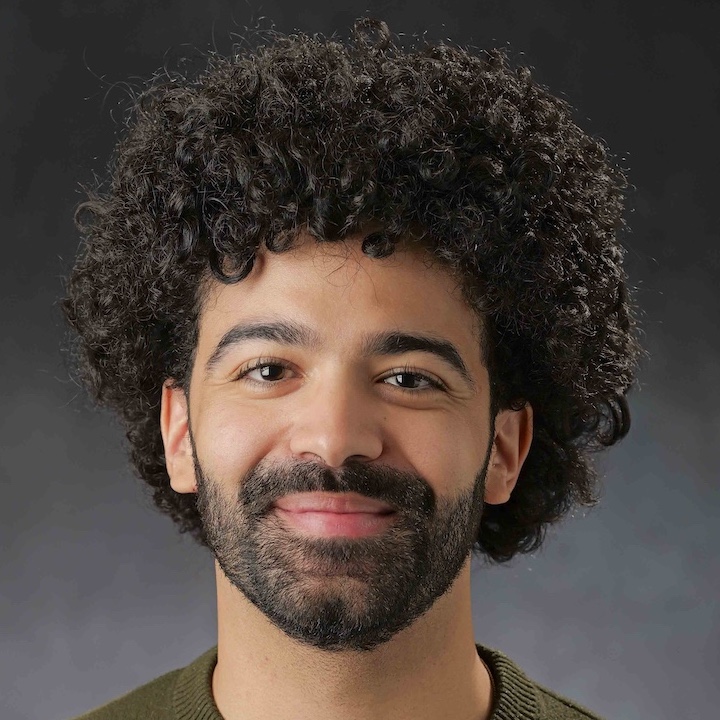
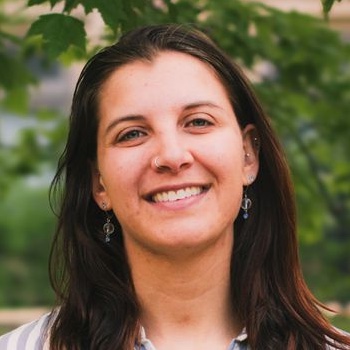

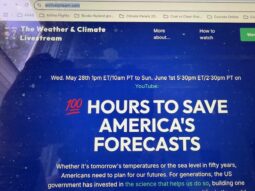 Scientists speak out for science (start time: 1:00)
Scientists speak out for science (start time: 1:00) 

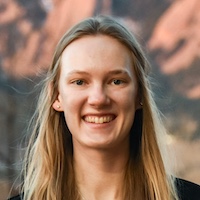

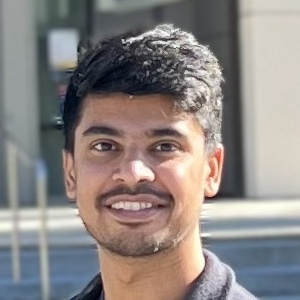
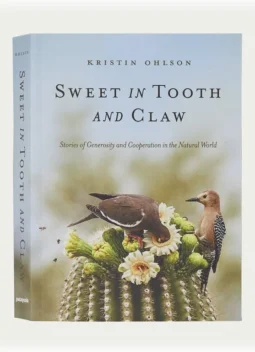 Sweet in Tooth and Claw (start time: 0:59) Since the 1800s, science has been obsessed with the notion, stemming from Charles Darwin’s theory of evolution through natural selection, that only the “fittest” can survive and pass on their strong genes. As in, it’s a ruthless, violent world. And today, we humans find ourselves mired in a hyper-polarized society fixated on competition, disruption, and “If you win, I lose” thinking. A good time to take a look at a different way of living together–how a “kinder, gentler” approach also helps species evolve. In this week’s show, Susan Moran interviews journalist/author
Sweet in Tooth and Claw (start time: 0:59) Since the 1800s, science has been obsessed with the notion, stemming from Charles Darwin’s theory of evolution through natural selection, that only the “fittest” can survive and pass on their strong genes. As in, it’s a ruthless, violent world. And today, we humans find ourselves mired in a hyper-polarized society fixated on competition, disruption, and “If you win, I lose” thinking. A good time to take a look at a different way of living together–how a “kinder, gentler” approach also helps species evolve. In this week’s show, Susan Moran interviews journalist/author